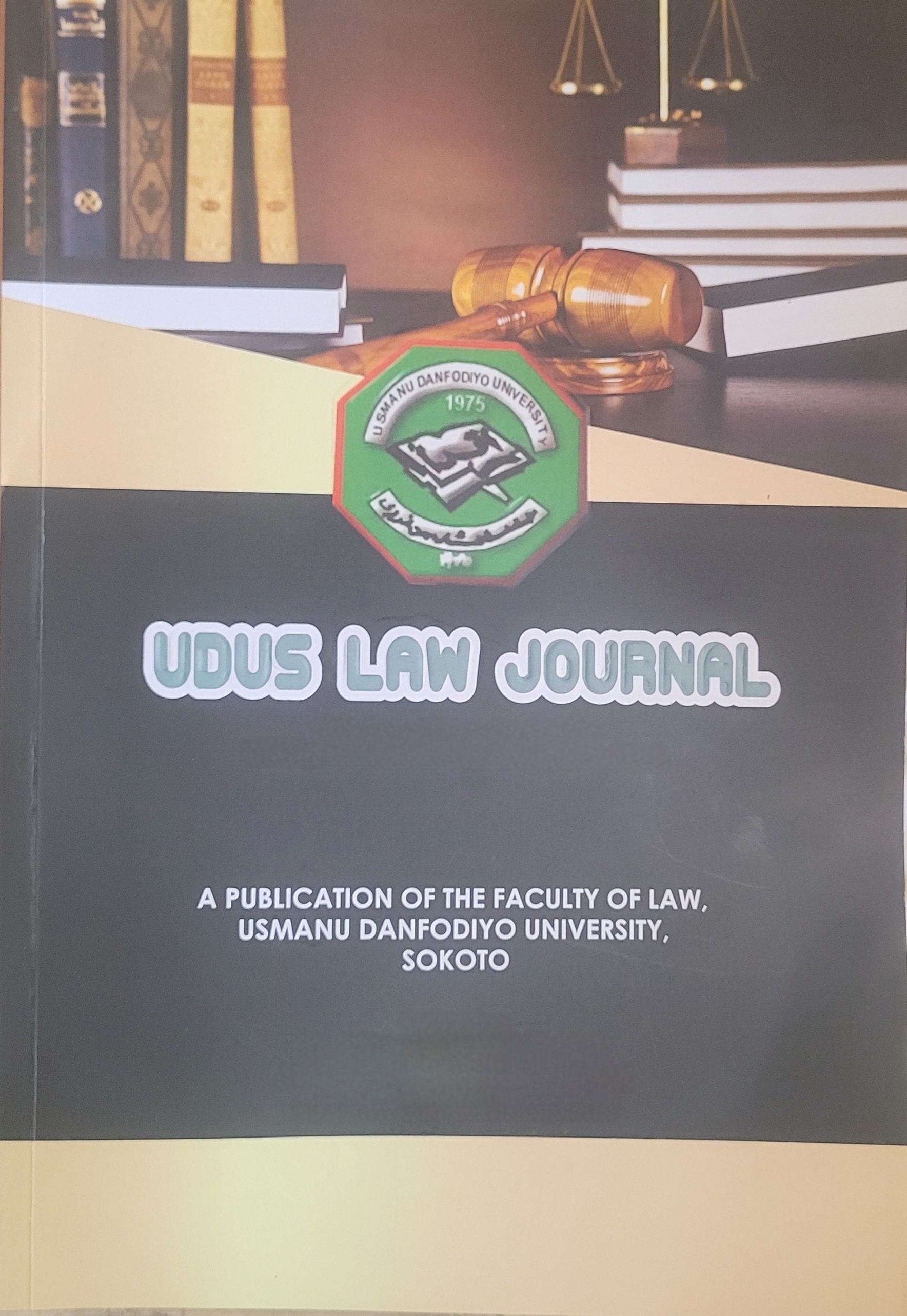Abstract
The current macroeconomic thinking is that the lower the number of taxes in the fiscal system the less the effect of taxation on business and individual earnings. The method applied in this research is doctrinal. The taxation of consumption rather than income may, for instance, be considered an incentive by people who believe that taxpayers find it more difficult to bear their income tax burden, or that direct taxes exert a harsher incidence on the tax base. An incentive is created when the government deliberately manipulates the tax system to the advantage of a potential taxable person, or adopts tax policies that favour the taxpayer. Tax incentives is that, it did not take cognizance of the custom, religion and culture of the taxpayers particularly on personal reliefs in respect of the number of children which it covers. The tax law ought to be amended to cover the above mentioned lacuna. In spite of the forcefulness of the argument of critics of benign taxation, tax incentives remain a popular means of mobilising and allocating resources, and of stabilising the effects of market forces on production and consumption. What is therefore required is that, governments must forge a coherent mechanism for designing and monitoring the package of incentives. In designing tax incentive, some factors may be considered: sensitivity, long term, monetary balancing, investment incentive etc.



 National Library of Nigeria
National Library of Nigeria.jpg) Association of Nigerian Authors
Association of Nigerian Authors Nigerian Library Association
Nigerian Library Association EagleScan
EagleScan Crossref
Crossref